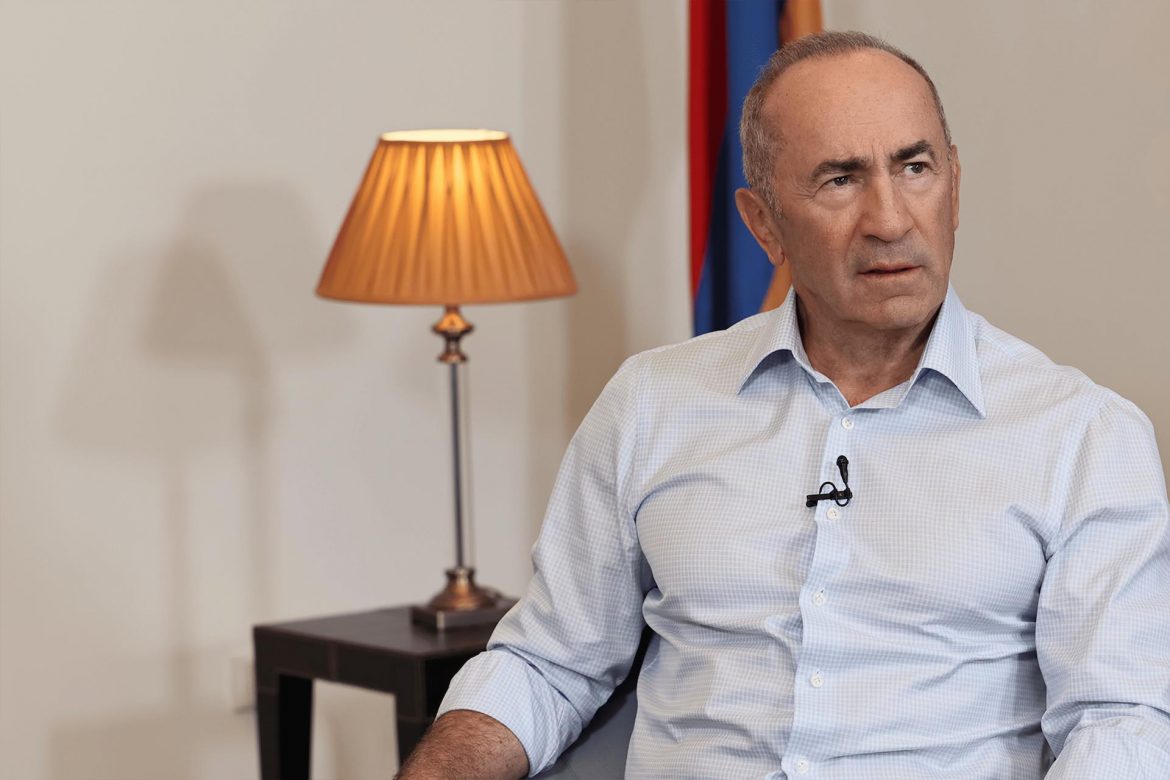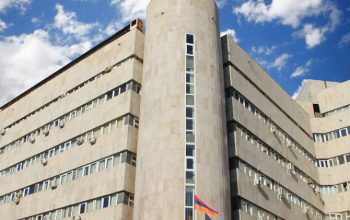In a recent interview on Channel 5, former Armenian President Robert Kocharyan delivered sharp remarks on Armenia’s security strategy and its relationship with the global Armenian Diaspora. While his critique of the current government covered a broad spectrum—from military weakness to foreign policy failures—two statements stood out for their clarity and weight. Both highlight fundamental questions about Armenia’s survival as a state and its identity as a homeland for all Armenians.
“Turkey and Azerbaijan pose a direct danger to Armenia… only Russia can restrain them.”
Kocharyan did not mince words when addressing Armenia’s precarious security situation:
“Which countries pose a threat to Armenia in this region? Turkey and Azerbaijan. Azerbaijan openly and at the highest levels declares that Yerevan, Sevan, and Zangezur are ‘theirs,’ and this is a direct threat. Especially alarming is the unity between these two countries.
Now, we must understand which country has both the capacity and the strategic interest to restrain Turkey and Azerbaijan in this region. If you look at the map, from north to south and from west to east, the only country with vital interests here and the necessary power to act is Russia.”
This statement reflects Kocharyan’s long-standing belief that Armenia cannot survive without a firm strategic partnership with Russia. He frames the issue not as an ideological preference but as a geographic inevitability: surrounded by two hostile states, Armenia has only one powerful neighbor with both the means and motivation to counterbalance their aggression.
By emphasizing Azerbaijan’s open declarations that Armenian cities like Yerevan, Sevan, and Zangezur “belong” to Baku, Kocharyan paints a stark picture: the threat to Armenia is not theoretical, but existential and territorial. In his view, only Moscow—not Western powers, not vague security guarantees from elsewhere—can physically deter an axis of Turkey and Azerbaijan. His argument implicitly criticizes Pashinyan’s efforts to pivot away from Russia, suggesting this leaves Armenia isolated in a hostile neighborhood.
“Armenia is not my home; it is the home of all Armenians worldwide.”
Later in the interview, Kocharyan turned to the relationship between Armenia and its global Diaspora:
“There were Diaspora Armenians who criticized me back then, but it never once crossed my mind to ban them from entering Armenia. Armenia is not my home, it is the home of all Armenians around the world.”
This remark strikes at a deeper question of national ownership. Kocharyan draws a clear line between personal power and the collective right of all Armenians to call the country their homeland. In doing so, he contrasts his approach with recent incidents where government figures reportedly considered—or were accused of considering—barring Diaspora activists critical of official policies.
Kocharyan’s framing appeals to a sense of shared destiny between Armenia and its global population. By rejecting the notion of “gatekeeping” entry into the country based on political loyalty, he presents Armenia not as the possession of a ruling class but as a sanctuary and center of identity for every Armenian, regardless of their passport or their opinion of the current leadership.
Kocharyan’s comments go beyond political point-scoring; they underline two existential pillars of Armenian statehood as he sees it: security through a necessary Russian alliance and unity with the Diaspora as the nation’s broader foundation. His warning is clear: weaken either of these bonds, and Armenia risks losing not just its influence, but its sovereignty and its role as the home of all Armenians.




